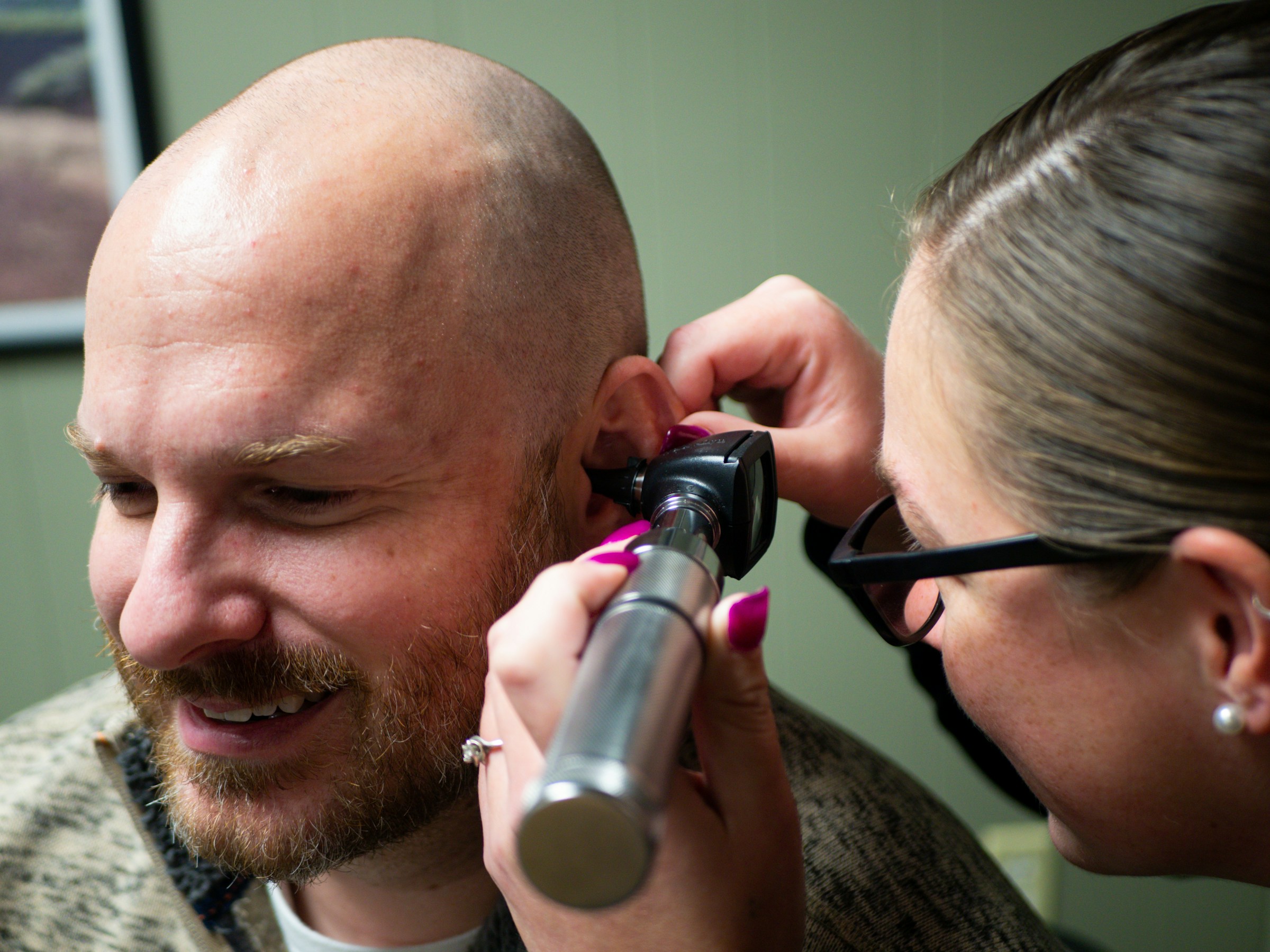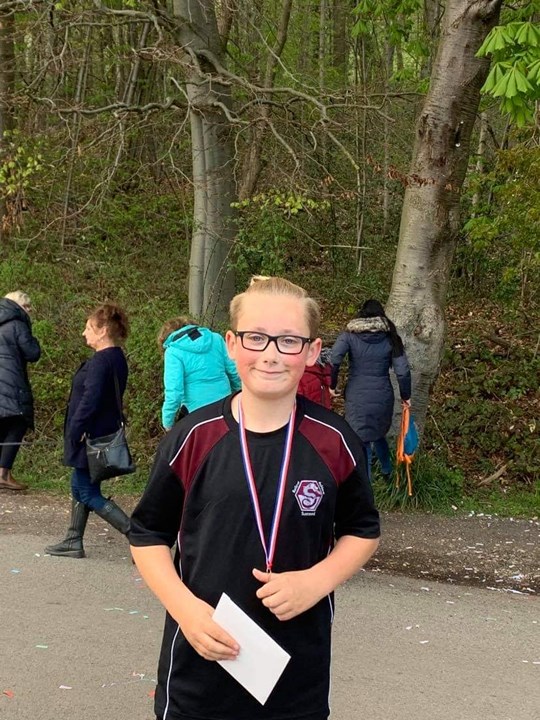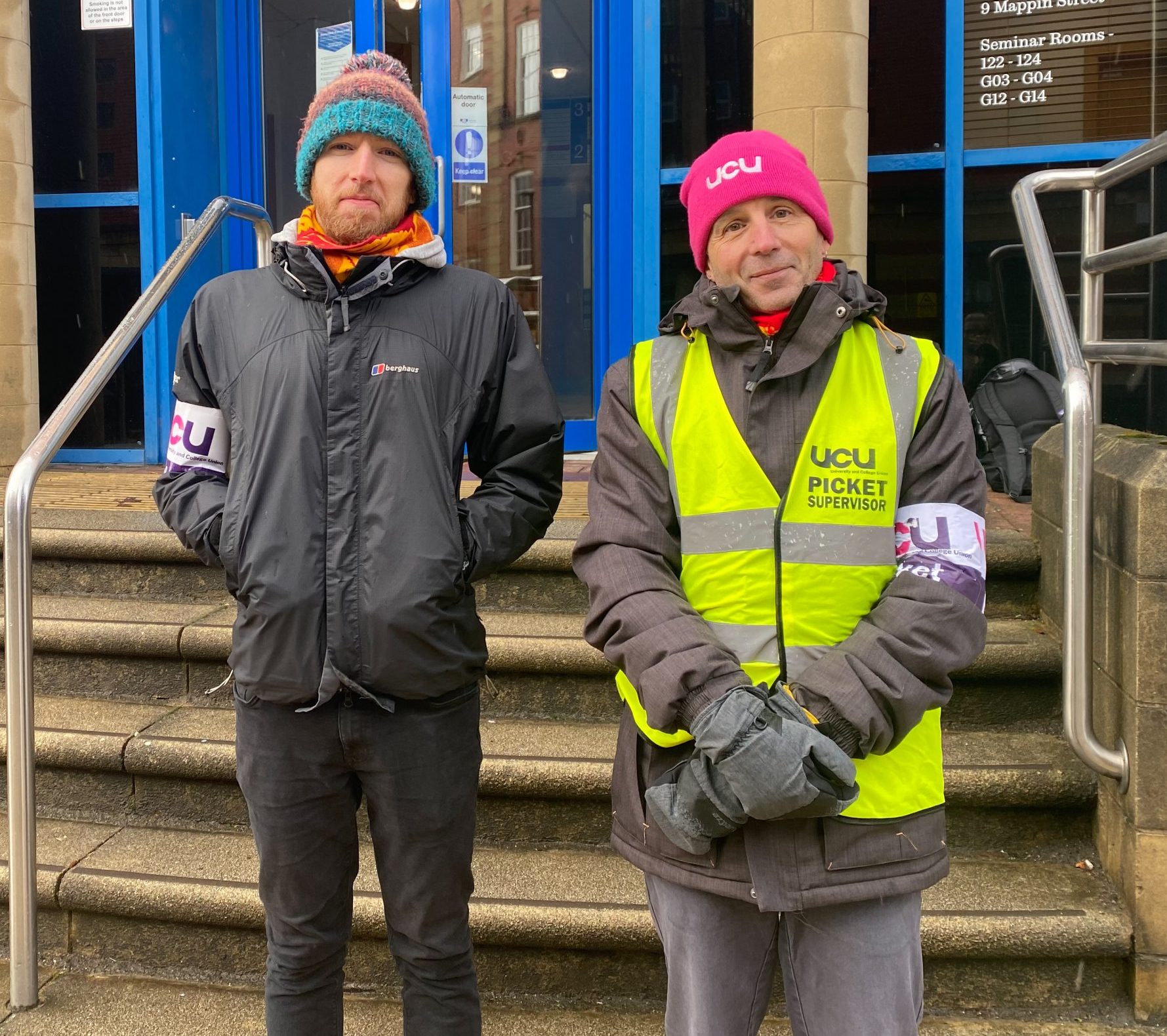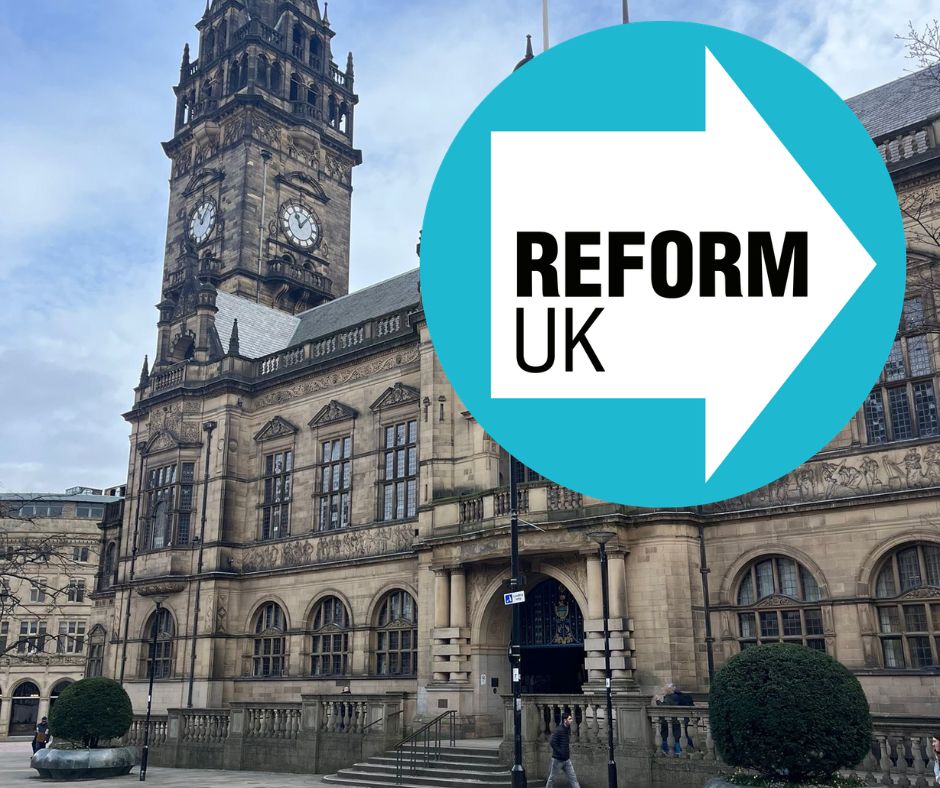One in three people who are Deaf or suffer from hearing loss say they have had difficulties accessing services or faced a long wait for an appointment.
Around 12 million adults in the UK are Deaf, have hearing loss or tinnitus, according to the Royal National Institute for Deaf People (RNID), and an estimated 14.2 million adults across the country will be living with hearing loss by 2035.
Rachel, 22, from Cornwall, whose name has been changed to preserve anonymity, lost part of her hearing after an illness when she was a teenager. She was offered hearing aids by her local audiology services but experienced long delays each time she moved home.
She said: “When I moved, they took me off their system and I had to start all over again. This meant I was back at the end of the queue. I moved away for university and I didn’t get offered an initial appointment until three years after I had first applied, and during my last week in the city before I moved away.”
Her appointments were initially fairly regular, but became infrequent during the pandemic.
Rachel said: “Every appointment I’ve had has been wonderful, but the waiting lists are so long I never know what to do. The audiologists and appointments I have had have been great, they’re just not readily available and easy to access.”
A recent report by RNID revealed that around five million people who could benefit from hearing aids, do not have them, and the accessibility of audiology services may be a key factor.
Staff shortages, insufficient funding and the pandemic have all impacted audiology services, making access to crucial appointments and consultation a growing challenge to people around the UK.
The report identified a lack of communication, confusing referral process, and a limited availability of appointments as some of the main issues faced by people accessing audiology services.
While over 68% of survey respondents found it easy to get an audiology referral, the research suggests that up to a third of people may be finding it difficult to access the services.
Rachel said: “Because I am not visibly hard of hearing and don’t have hearing aids, it’s very difficult for me to ask people to repeat things, or be believed when I tell others I have hearing loss. I am the youngest person in a lot of the social groups I interact with and it’s very hard to explain that I am still disabled even if I am young.
“I would love to see there be more options for those who struggle with their hearing to see a professional within a reasonable amount of time. I can’t afford to do anything privately, and I don’t agree that people should have to pay at point of entry.”
The demand for audiology services is rising; according to the Office for National Statistics. The year 2023/24 saw an increase of 13.1% in audiology assessments, while RNID reported that only 53% of NHS audiology services users said they found it easy to make audiology appointments, compared to 77% of private users. Telephone-only booking systems were a common complaint in both groups.
Caitlin, 23, from Hertfordshire, has severe hearing loss in her right ear and moderate loss in the left. She uses two hearing aids, and recalls the process of getting a referral for an NHS audiology appointment as negative and overly complicated.
She said: “Once I finally got a text and letter from my local audiology department about making an appointment for the right place, they informed me they were going to call me and if I didn’t answer they would discharge me.
“Absolutely ridiculous when this is a service for people with hearing problems who are likely to struggle to hear the phone. We ended up going down to the hospital to explain the situation and they booked me an appointment then rather than over the phone as that would have been impossible for me.”

Despite having generally positive experiences with the NHS audiology services in Hertfordshire, she recalls an incident so shocking that it made her cry.
She said: “I went for an appointment to retune my aids as I was really struggling to hear with them at the setting they were at the time.
“I had a hearing test and I couldn’t hear any of the beeps. The audiologist stopped the test and came and asked me if I really couldn’t hear anything. I felt so offended and like she was questioning if I was lying.
“I suffer with tinnitus which sometimes makes it hard to hear the beeps as the tinnitus is similar. I had already explained that to the audiologist prior to the testing beginning and I did the best I could to try to distinguish between the two.
“Once the testing was completed, the audiologist started with accusatory questions again. Asking me why I didn’t press the button to say I had heard the beep every single time. Telling me I was too young to have hearing loss. Telling me I didn’t have hearing problems I just wasn’t paying attention.”
Caitlin was shaken by the experience and still feels upset about it 18 months later. She no longer attends her audiology appointments alone due to the distressing encounter.
As her hearing loss changes over time, Caitlin has to regularly make appointments to re-tune her hearing aids, she finds it difficult to make an audiology appointment in her local area.
Caitlin said: “As far as I am aware, the only way to do so is to call their number.
“I cannot understand the logic behind having a system that is so impractical for so many and it’s disappointing that healthcare professionals who work with hearing loss everyday would use a system that is not accessible for the majority of people with hearing loss.”
Caitlin is not the only person with hearing loss who has experienced this particular issue. The majority of the people Sheffield Wire has contacted have also said they had been called or left a voicemail by audiology services staff.
Such complaints are also frequent in online communities, such as Deaf and Hard of Hearing UK Facebook group, where people living with hearing loss can find support and advice from members with similar experiences.
Adam, 45, from Leicester is one such person. He uses a hearing aid and prefers to use audiology services in the private sector.
He said: “Specsavers is quick and easy to get an appointment with in a week. NHS can take up to six weeks in my personal experience, and that’s for the first appointment and only appointment.
“I went to Specsavers first, to test my hearing. I learnt I needed a hearing aid but at the time they couldn’t provide one due to my age (35), so I was referred to an NHS hearing specialist which was easy to get hearing aid from.”
Last month, Primary Care Minister Andrea Leadsom MP said in an official statement: “We remain committed to making our healthcare system faster, simpler and fairer for all patients so that everyone who needs an appointment is able to get one.
“Hundreds of thousands more people a month will have the option to refer themselves for key services such as help with incontinence, podiatry, or hearing tests without needing to see a GP, as part of the NHS primary care access recovery plan.”
Sheffield Wire approached the Department of Health and Social Care for a comment.




